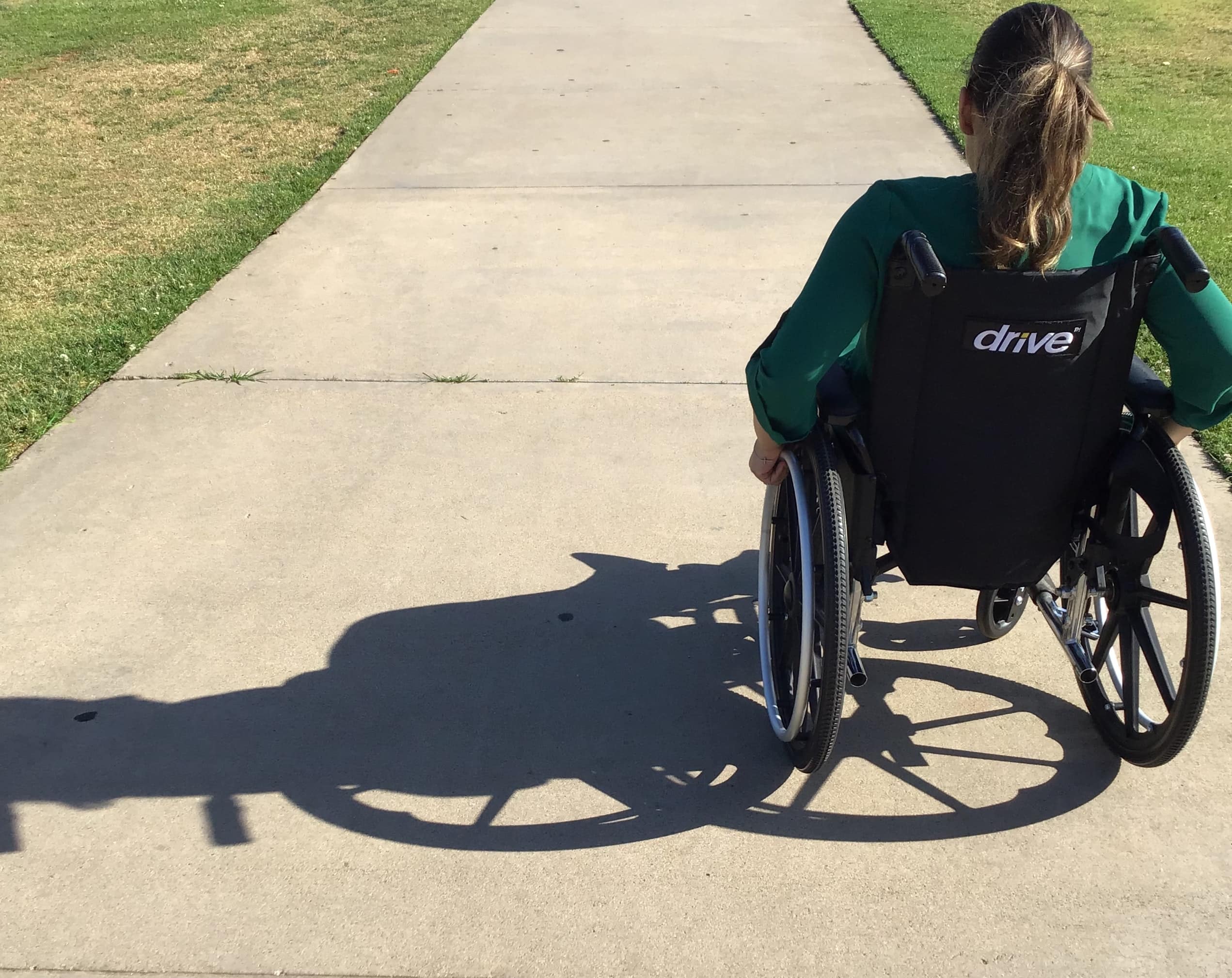3 FAQs About Filing a Spinal Cord Injury Claim

If you sustained a spinal cord injury (SCI) through no fault of your own and you’re planning on taking legal action, you’ve got a long road ahead. Tort claims involving spinal cord damage are inherently complex because of the severity of the associated losses. During the first year after getting hurt, victims can incur more than $1 million in living expenses and medical bills alone.
While many injured parties are entitled to compensation for their damages, they must put together a strong case in order to pursue a payout. Read on to learn what that might entail:
1. How Do You Prove Liability for an SCI?
The strongest pieces of proof that contribute to your claim will depend on the circumstances surrounding the accident in which you were hurt. In the United States, some of the most common causes of SCI include motor-vehicle collisions, falls, violent encounters, and sports injuries. As such, the associated claims generally demand the following kinds of evidence when it comes time to prove liability:
- Eyewitness testimony,
- Official reports,
- Security footage,
- Photographs of the scene,
- Toxicology reports, and
- Cell phone records.
2. What If the Insurance Adjuster Refuses to Acknowledge the Severity of the Damages?
Most spinal cord injury claims demand six- or even seven-figure payouts. Unfortunately, insurers are not inclined to distribute such hefty sums without first putting up a fight.
If the insurance adjuster is especially uncooperative during the negotiations, you may have no choice but to file a formal lawsuit. Thankfully, a knowledgeable personal injury attorney can help you do so. It’s important that you seek legal counsel as soon as possible, however, because Florida has strict filing deadlines for tort actions.
While the standard statute of limitations is four years, there are a number of exceptions that can shorten or extend it. As such, you should never assume you have plenty of time to proceed.
3. What If You Somehow Contributed to the Accident in Which You Were Hurt?
If you played a role in the accident that caused your spinal cord injury, it could influence the outcome of your claim. Florida has a pure comparative fault rule, which means the plaintiff’s own percentage of blame offsets the defendant’s liability.
In other words, if you were hurt in a motor-vehicle collision for which you’re deemed 20 percent responsible, you can only recover compensation for 80 percent of the damages you incur.
It’s also worth noting that the defendant may be able to shift some liability onto you if you fail to mitigate damages. That means if you ignore medical advice, for example, and suffer complications as a result, the opposing party won’t be responsible for covering their associated losses.
Speak with a Florida Spinal Cord Injury Lawyer
Do you need help with your SCI claim? Turn to Emerson Straw for strategic guidance at every stage of the proceedings.
Our compassionate team knows how devastating catastrophic injuries can be for the whole family. To set up a free consultation with a spinal cord injury attorney in Florida, fill out the Contact Form on our website or call (727) 821-1500.
